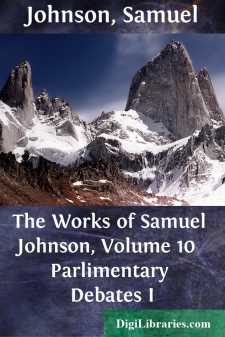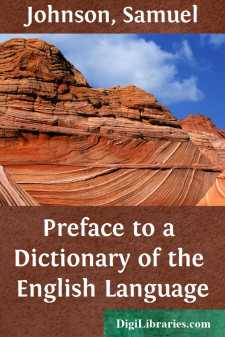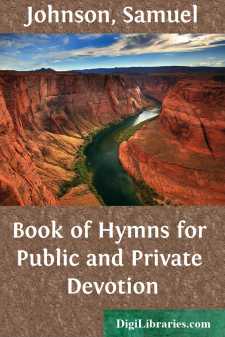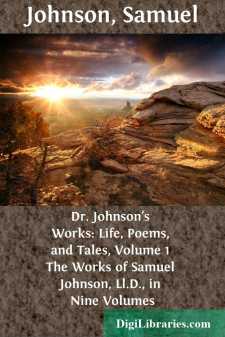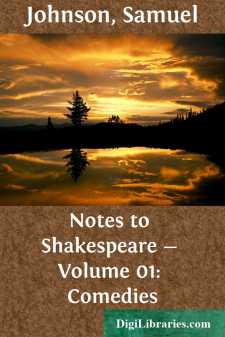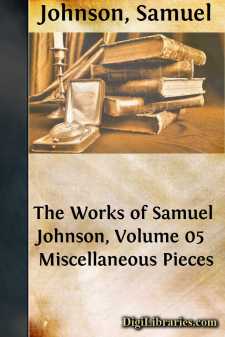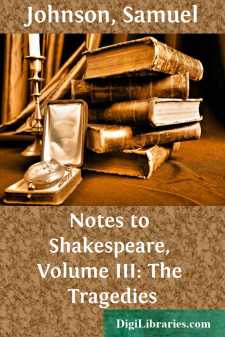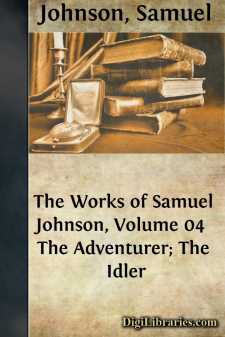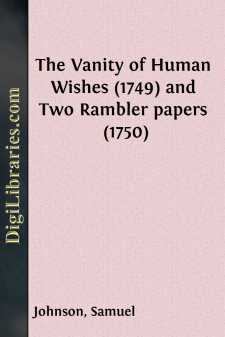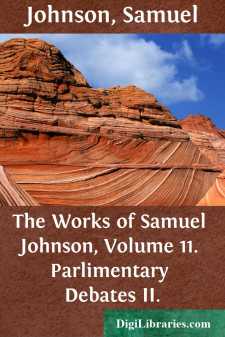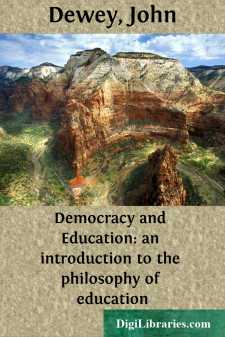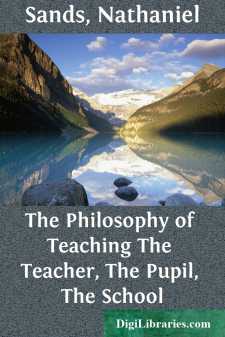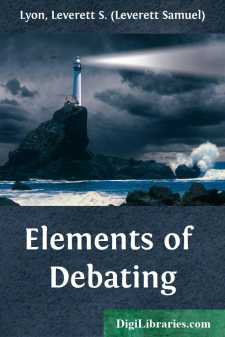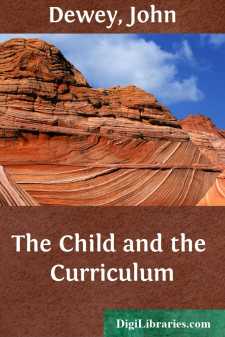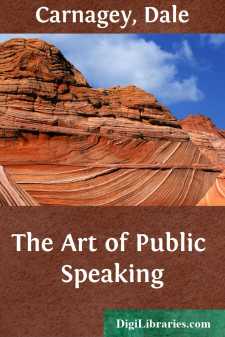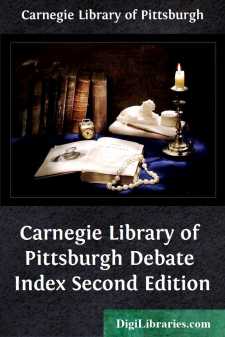Categories
- Antiques & Collectibles 13
- Architecture 36
- Art 48
- Bibles 22
- Biography & Autobiography 813
- Body, Mind & Spirit 142
- Business & Economics 28
- Children's Books 16
- Children's Fiction 13
- Computers 4
- Cooking 94
- Crafts & Hobbies 4
- Drama 346
- Education 46
- Family & Relationships 57
- Fiction 11829
- Games 19
- Gardening 17
- Health & Fitness 34
- History 1377
- House & Home 1
- Humor 147
- Juvenile Fiction 1873
- Juvenile Nonfiction 202
- Language Arts & Disciplines 88
- Law 16
- Literary Collections 686
- Literary Criticism 179
- Mathematics 13
- Medical 41
- Music 40
- Nature 179
- Non-Classifiable 1768
- Performing Arts 7
- Periodicals 1453
- Philosophy 64
- Photography 2
- Poetry 896
- Political Science 203
- Psychology 42
- Reference 154
- Religion 513
- Science 126
- Self-Help 84
- Social Science 81
- Sports & Recreation 34
- Study Aids 3
- Technology & Engineering 59
- Transportation 23
- Travel 463
- True Crime 29
The Works of Samuel Johnson, Volume 10 Parlimentary Debates I
by: Samuel Johnson
Description:
Excerpt
PREFATORY OBSERVATIONS TO THE PARLIAMENTARY DEBATES.
The government of this country has long and justly been considered the best among the nations of Europe; and the English people have ever evinced a proportionate desire for information in its proceedings. But in the earlier days of our constitution, we shall find that much jealousy on the part of our rulers debarred the people from access to the national deliberations. Queen Elizabeth, with a sagacity that derived no assurance from the precedents of former times, foresaw the mighty power of the press, as an engine applied to state purposes, and accordingly aroused the spirit of her subjects, by causing the first gazettes to be published in the year of the armada [Footnote: See sir J. Mackintosh's Defence in the Peltier case.]: and D'Ewes's journals of her parliaments contain the earliest reports of parliamentary debates.
The first volume of the commons' journals comprises the debates from the accession of James the first, to the cessation of parliaments under Charles the first. The publication, in 1766, of a member's notes, furnished authentic debates of the session in 1621. Rushworth, in his voluminous collections, presents us with many of the debates during the civil wars. Gray's more regular debates succeeded. From these, until the times that followed the glorious revolution in 1688, we have no reports of parliamentary proceedings, interesting as they must have been, on which we can place any more reliance, than on those of Dr. Johnson, which, we shall presently see, cannot pretend to the character of faithful reports, however deservedly eminent they are as eloquent and energetic compositions. But the revolution was not immediately followed by a liberal diffusion of parliamentary intelligence, for the newspapers of William's reign only give occasionally a detached speech. That sovereign scarcely allowed liberty of speech to the members of parliament themselves, and was fully as tyrannical in disposition as his predecessor on the throne; but, happily for the English nation, he was tied and bound by the strong fetters of law.
The stormy period that ensued on William's death, is somewhat illustrated by Boyer's POLITICAL STATE. The HISTORICAL REGISTERS which appeared on the accession of George the first, may be considered as more faithful depositories of political information than Boyer's partial publication. The spirited opposition to sir Robert Walpole excited an unprecedented anxiety in the nation to learn the internal proceedings of parliament. This wish on the part of constituents to know and scrutinize the conduct of their representatives, which to us appears so reasonable a claim, was regarded in a different light by our ancestors. But the frown of authority in the reign of George the second began to have less power to alarm a people whose minds were undergoing progressive illumination. A general desire was then loudly expressed for parliamentary information, which Cave sought to gratify by the insertion of the debates in the GENTLEMAN'S MAGAZINE....


